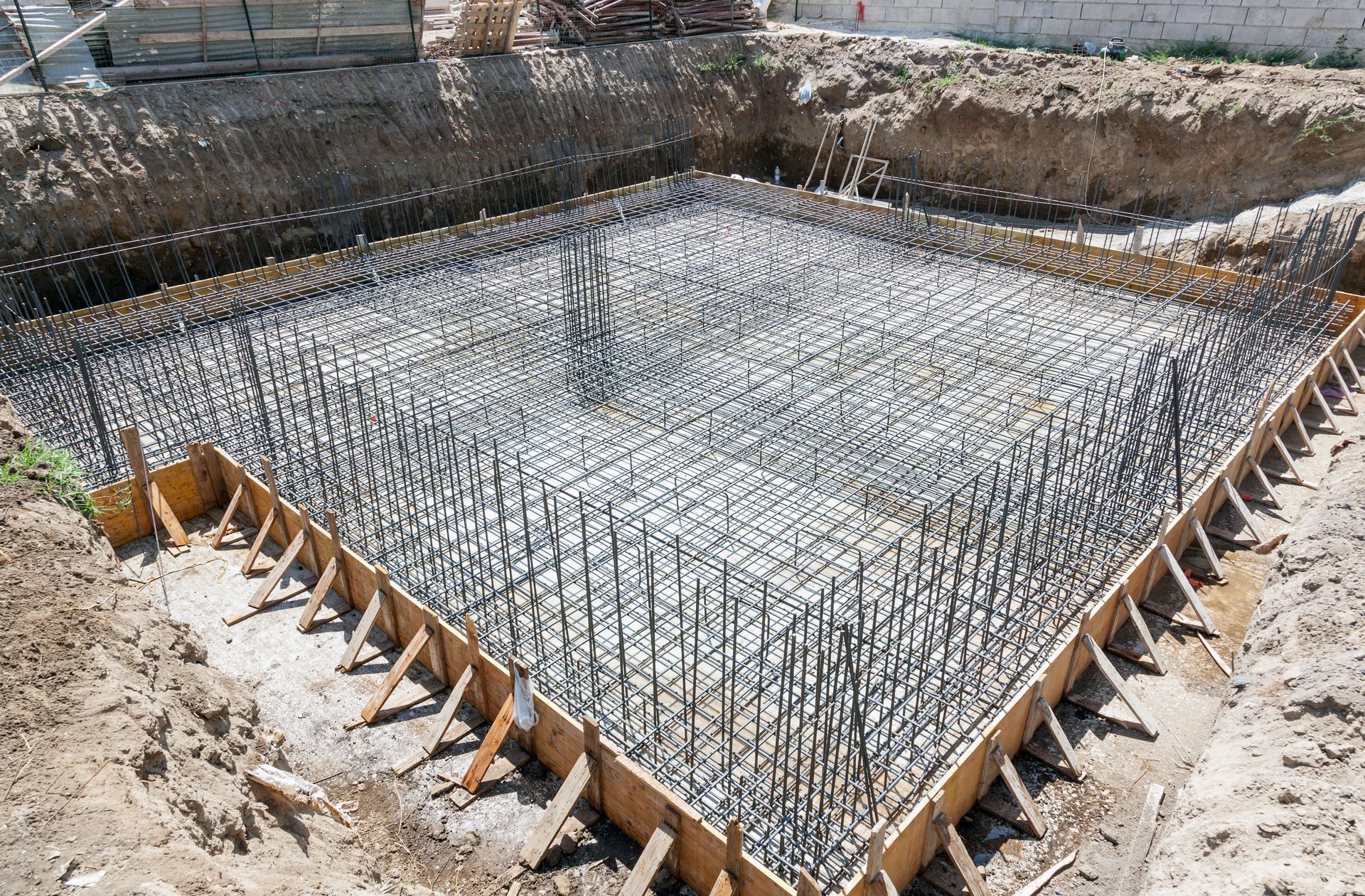What to Look For When Hiring a Structural Engineer
In the world of construction and architecture, structural engineers play a critical role. Their expertise ensures the safety, stability, and durability of buildings and infrastructures. Hiring a competent structural engineer is essential for the success of any project. In this article, we will discuss the key factors to consider when hiring a structural engineer to guarantee the best results for your project. The importance of detailed evaluation of their credentials, experience, and communication skills cannot be overstated.
Qualifications and Credentials
Relevant Academic Background
When hiring a structural engineer, their educational background is an important consideration. Structural engineers typically hold degrees in civil or structural engineering from accredited institutions. This academic foundation provides them with the critical technical knowledge needed for engineering practice. A strong educational background ensures that they have a firm grasp of engineering principles and concepts. Additionally, their academic experience helps them stay up to date with the latest industry trends and technological advancements.
Having a specialized degree in structural engineering is highly advantageous because it signifies focused expertise. This specialization, gained through coursework and hands-on projects, ensures their ability to handle complex structural challenges. Given the importance of having a specialized skill set, it is vital to verify the institution’s accreditation to ensure quality education. Accreditation also ensures that the engineer has a standardized basis of knowledge, which is important for cohesive and safe engineering practices. With the vast array of engineering programs available, always favor education obtained from reputable schools.
Professional Licenses and Certifications
Professional licenses demonstrate a structural engineer's competence. Holding a Professional Engineer (PE) license signifies that the engineer has met statutory and regulatory requirements and standards of practice. The Engineer in Training (EIT) certification is an initial step toward becoming a licensed engineer, showcasing a commitment to professional development. Licenses and certifications are key indicators of not only technical proficiency but also dedication and ethical standards. Always check for these credentials to ensure the engineer is legally qualified to practice.
In many regions, a structural engineer must pass rigorous exams and meet experience requirements to earn these certifications. This process ensures that they have both the knowledge and experience needed to design safe, effective structures. Without a proper license, there can be legal ramifications, in addition to potential safety concerns. Therefore, hiring an unlicensed engineer can lead to liabilities and compromises in the quality of a project. Additionally, ongoing certification requirements ensure that engineers stay educated on industry developments.
Membership in Professional Bodies
Membership in professional engineering organizations reflects an engineer's commitment to their field. Such memberships often require engineers to adhere to a code of ethics and partake in further education opportunities. Associations like the American Society of Civil Engineers (ASCE) provide invaluable resources and networking opportunities. They also contribute greatly to the engineering community through shared knowledge and best practices. Being part of these organizations shows the engineer's engagement and involvement in continual professional development.
Many engineering organizations offer resources for continuous learning and specializations. This engagement allows engineers to keep current with emerging technologies and innovative solutions. Moreover, through memberships, engineers are often exposed to a global community that broadens their perspectives and approaches. Participation in these bodies signifies that an engineer is likely to be well-versed in advanced methodologies and industry standards. Thus, membership is not just an accolade but a testament to their dedication to the field's evolution.
Experience and Specialty
Experience with Similar Projects
Experience is a pivotal factor in selecting the right structural engineer for your project. An engineer's track record reveals their ability to handle projects of similar scope and complexity. Reviewing their past work can provide insights into their practical skills, problem-solving capacities, and project completions. According to Structural Engineering Basics, the principles of structural engineering were used thousands of years ago when building structures like the pyramids in Egypt or the Acropolis in Greece. These techniques, developed millennia ago, remain relevant today, symbolizing engineering prowess and precision. This historical legacy highlights the timeless need for experience and understanding similar to those witnessed in ancient marvels.
A structural engineer with a portfolio of projects similar in size and type to yours can be invaluable. Their experience can guide them in anticipating potential challenges and applying tried-and-tested solutions. Industry-specific expertise leads to efficiencies in time, cost, and resource management. By matching project requirements with the engineer's past experiences, you ensure that your project benefits from a knowledgeable approach honed over time. This alignment maximizes potential for successful outcomes and innovative solutions tailored to the project's needs.
Technical Competency in Specific Areas
Structural engineering encompasses a diverse range of specializations, each requiring specific technical expertise. Some engineers specialize in high-rise buildings, while others may focus on bridges or seismic retrofitting. Their technical competency in niche areas can greatly impact a project's success. Evaluate what unique expertise your project demands and find an engineer who excels in that domain. Specialists are often more adept at recognizing nuances and employing cutting-edge technologies suited to their field of expertise.
Having an engineer with competencies aligned to your project needs ensures precise and effective approaches. Mastery in specific areas means they have a deeper understanding of materials, calculations, and design principles unique to that specialization. This technical command leads to innovative designs that achieve a balance between aesthetics, functionality, and safety. A competent specialist will also have a portfolio illustrating their successes and innovative practices within their field. Reviewing these showcases provides reassurance that their expertise will translate well into your project.
Portfolio and Case Studies
Diving into a structural engineer's portfolio provides a window into their work methodologies. Detailed case studies featuring successful projects illustrate their problem-solving processes and technical acumen. These examples help you gauge their creativity, adaptability, and capability in handling unforeseen challenges. Each case study provides insights into how the engineer navigated complex engineering problems and redesigned solutions for success. By evaluating these narratives, you can get a sense of how their skills may apply to your project.
A robust portfolio should display a range of projects differing in scale and complexity. It showcases their versatility and readiness to tackle varied engineering challenges. Furthermore, past portfolios highlight their ability to innovate in unique circumstances and pave the way for future trends. Understanding their previous achievements is a strong indicator of their competency and suitability for your endeavor. Therefore, comprehensive evaluations of their work offer advantages not just in technical prowess, but in the visionary potential for your project's future.
Clarity and Transparency
Effective communication is pivotal in ensuring a smooth engineering project flow. A structural engineer should be able to clearly articulate complex technical details in an understandable manner. This clarity helps stakeholders make informed decisions based on accurate information. Transparency builds trust and ensures all parties are aligned in terms of expectations and project goals. The ability to communicate effectively reduces misinterpretations, delays, and costly errors.
Frequent and clear updates promote a collaborative atmosphere among clients, contractors, and architects. This ongoing dialogue fosters a deeper understanding and allows for adjustments in real time, ensuring a responsive process. Transparent communication also extends to written reports and documentation, crucial for maintaining a recorded history of decisions and changes made throughout the project. With proper communication protocols, stakeholders can easily track and adapt to evolving project dynamics. By prioritizing clear communication, a structural engineer solidifies client confidence and project integrity.
A successful construction project begins with choosing the right structural engineer who possesses the education, credentials, and experience necessary to deliver safe, efficient, and innovative results. From verifying professional licenses to reviewing portfolios and ensuring transparent communication, every step in the selection process contributes to the integrity of your structure and the smooth execution of your project. Partnering with an engineer who values collaboration and precision ensures that your vision is brought to life with excellence and reliability. For expert structural engineering services backed by proven experience and professionalism, contact Jezerinac Geers & Associates, Inc today.











Share On: